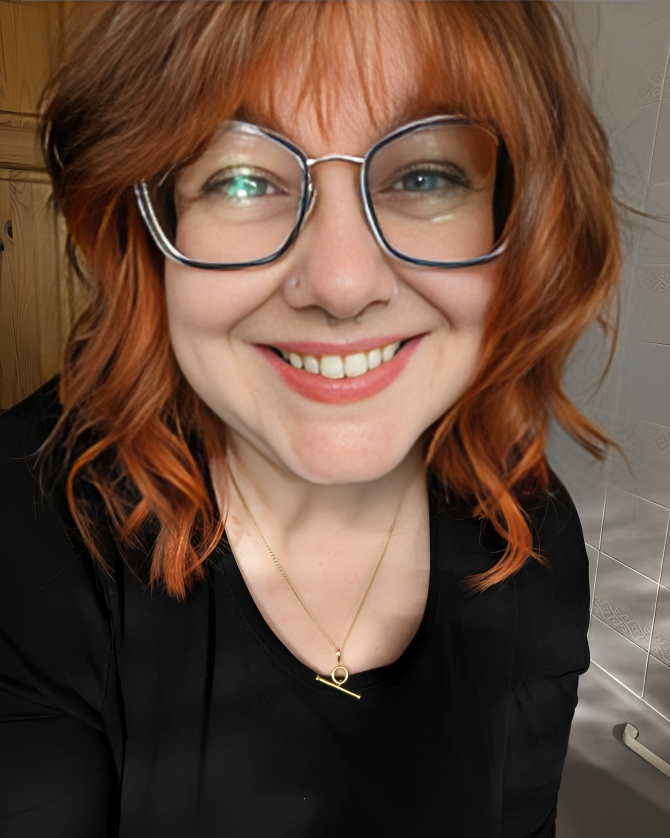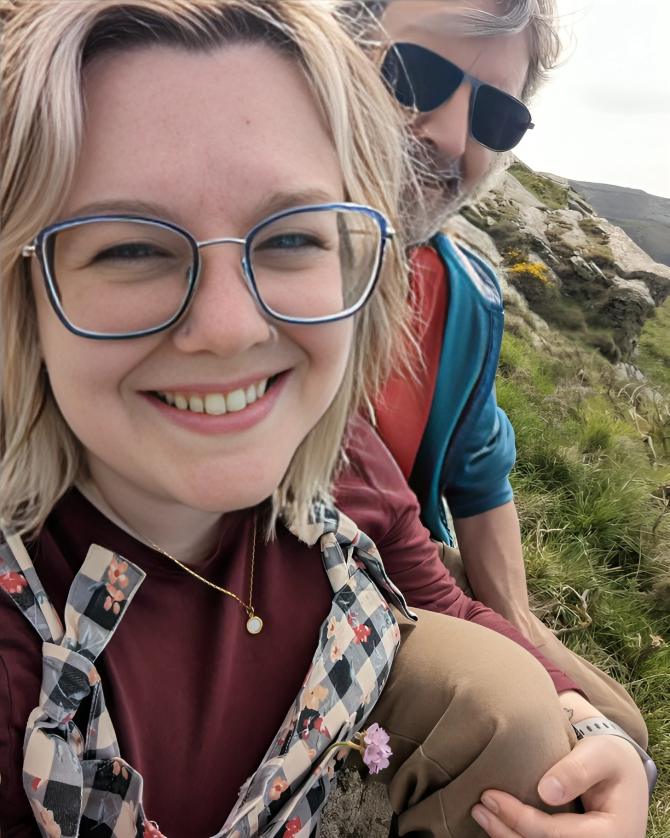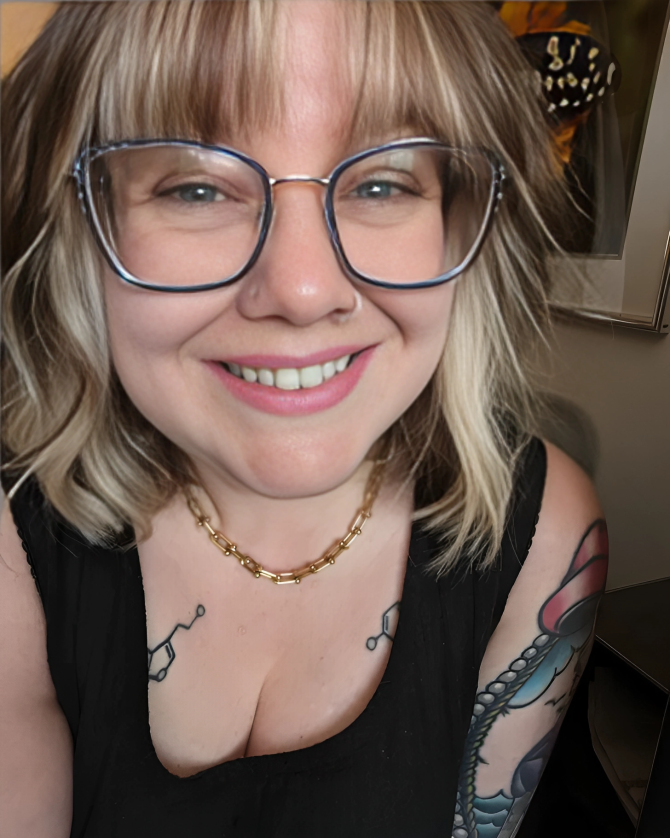Abrosexuality is a term that has gained attention recently, especially online. Emma Flint, a journalist from the UK, realized she was abrosexual after 30 years of uncertainty. Now, at 32, she feels relieved and confident in her identity.
When Emma first shared her discovery, she faced criticism from some friends. She recalled, “When I told my friends I’m abrosexual, I got a lot of negative comments. So, these people aren’t my friends anymore.” Despite this, being open about her identity has made her feel more comfortable with herself.

Although Gen Z actively discusses this identity on social media, many people still don’t fully understand what it means. Emma decided to explain it to a wider audience.
She received skeptical reactions, such as, “When did you decide this? Is this even a real label?” Emma admitted she had never heard of abrosexuality while growing up. In the 1990s, most people only acknowledged being straight, gay, or lesbian. Other identities were often dismissed.
“We know now that this is not true,” Emma said, explaining that a lack of knowledge makes people learn new terms slowly. She struggled to understand her sexuality because it changed often.

Wanting to raise awareness, Emma wrote an article for Metro’s “Platform” section, where she explained abrosexuality in simple terms. “It means that someone’s sexual identity shifts over time,” she wrote. Emma herself did not discover the term until she was 30.
“People don’t always seek to learn about identities unless it affects them,” she said. Before she understood abrosexuality, she would doubt herself. One day she felt attracted to women, and later, she felt more in line with bisexuality. “My sexuality was fluid,” she explained.

Emma found clarity when she came across Zoe Stoller, a US-based creator who promotes LGBTQ+ visibility. “Seeing their post felt like a lightbulb moment,” she said. “Finally, I felt understood.”
She is grateful for her supportive friends and family but still faces people telling her to “pick a lane.” She emphasized, “Just because you don’t know an identity doesn’t make it less real.”
Emma refuses to be limited by others’ opinions. “We are all learning about ourselves every day,” she concluded.
